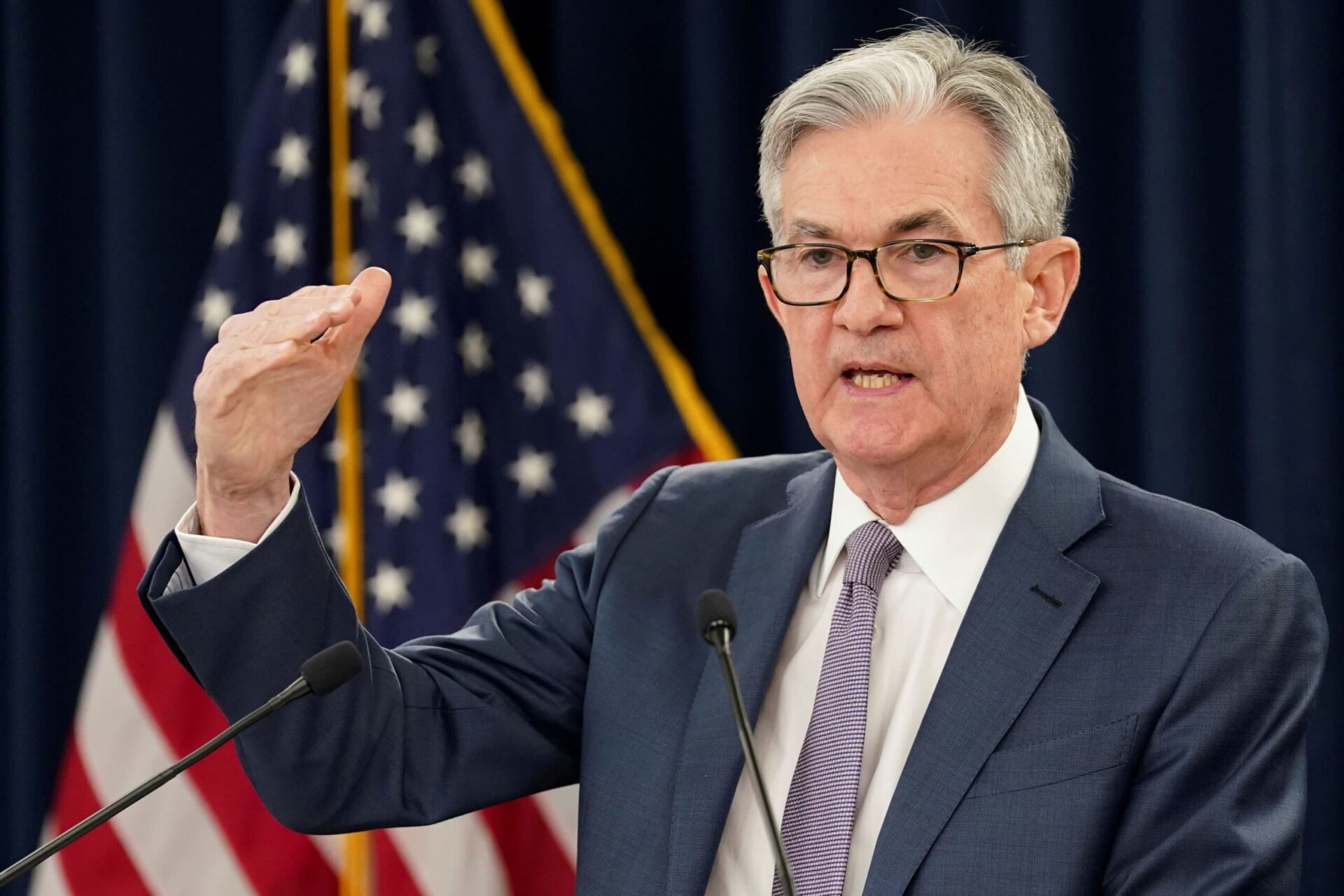By PATRICK LAVERY
The result of this week’s two-day Federal Open Market Committee meeting was not nothing, but neither was it as aggressive a decision as officials at the Federal Reserve might have liked to make.
Once again, the target range for the federal funds rate was raised one-quarter of a percentage point, bringing them up to 4.75% to 5%.
What kind of news that turns out to be for the housing market remains to be seen, but it doesn’t stray too much from what several industry experts told The Mortgage Note last week.
In fact, the 25-basis point hike was exactly what was predicted in TMN’s interview with Nadia Evangelou, senior economist and director of real estate research for the National Association of Realtors.
Prior to the Fed meeting, Evangelou indicated that the “financial insecurity and uncertainty” present due to the recent collapses of Silicon Valley and Signature banks warranted moderate action, not because inflation is anywhere close to the 2% target policymakers still desire.
On the contrary: The Fed on Wednesday put out a projection suggesting that the 2% mark may not be reached until 2025.
That echoed the thoughts of Orphe Divounguy, senior macroeconomist at Zillow, who told The Mortgage Note that too aggressive of a hike by the Fed this time around might bring further volatility to mortgage rates.
“Price stability is the responsibility of the Federal Reserve,” Chairman Jerome Powell said at a press conference Wednesday afternoon.
While more interest rate hikes are likely to be announced at future meetings this year, Powell said that only “some additional policy firming,” rather than regular rate increases, would be appropriate.
Wednesday’s action, then, seems to be a domino effect of the apparent shock officials felt about the bank failures; “it is too soon to determine the extent of these effects,” Powell said in his remarks.
One thing the chairman did foretell is an imminent “tightening” of credit for households and businesses, which could impact activity in the real estate market directly.
“Financial conditions seem to have tightened, and probably by more than the traditional indexes say,” Powell told Jennifer Schonberger of Yahoo Finance during a question and answer session at the press conference.
Powell characterized housing activity as “weak” so far in 2023, which also aligns with what experts told The Mortgage Note last week.
During the press conference he did, however, reiterate to Rachel Siegel of the Washington Post that the banking system in the United States remains strong, and doesn’t see the recent crisis as “comparable” or “analogous” to the continued health of commercial real estate.
Follow Us On Twitter:
What are you predicting for this year's spring homebuying season? Let us know. Email [email protected]. pic.twitter.com/yvhTrWTDP9
— The Mortgage Note (@TheMortgageNote) March 16, 2023
Read More Articles:
Commercial Spaces: Have Hotels Recovered From The Pandemic?
United Wholesale Mortgage Merger Deal Subject Of Class Action Complaint
Focused On Housing Crisis, HUD Unveils 2024 Fiscal Year Proposed Budget
